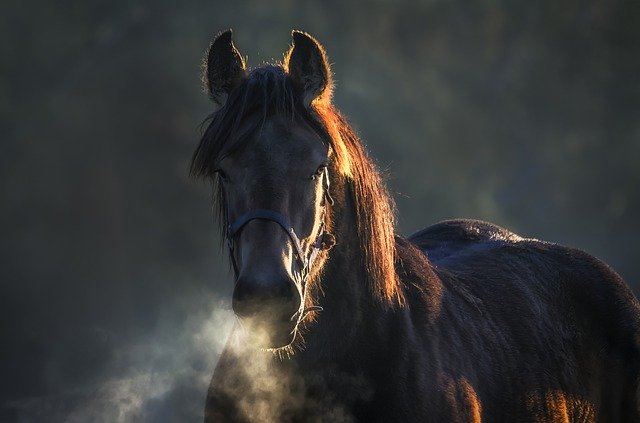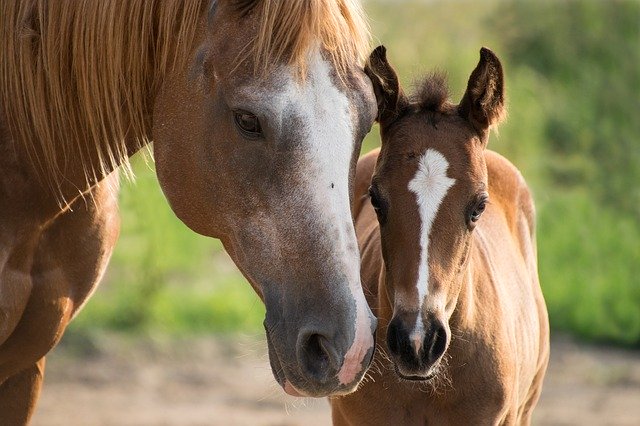Catanese & Wells, A Law Corporation provides a quarterly newsletter to the equine industry of an concerning legal, tax and business issues for participants in the horse business or sport. www.cataneselaw.com (https://www.cataneselaw.com).

In this issue of the Equine Legal Summary we will address common issues and important steps to take in the purchase of a horse. Even though the law requires disclosure of material facts which could affect a buyer’s decision to acquire a horse, most sellers of horses attempt to limit any disclosure to the buyer of past medical history, past training history (behavioral history) and past competition history (if any). Many times a seller and the agent of the seller know that past history, even if neutral, can influence what a buyer is willing to pay to acquire a horse or pony. In equine disputes between a seller and a buyer the seller will usually claim that the buyer knew or should have known of the material facts related to the sale of the horse or pony. When a horse or pony is acquired it is normal practice for the buyer to have the animal examined by a licensed veterinarian prior to completing the sale and the payment of the purchase price to the seller. In most disputes, the seller will claim that the veterinary pre-purchase examination is the controlling event and if the veterinarian passed the horse or pony for sale then the animal was suitable for purchase. And, sellers usually argue that on-line records with the United States Equestrian Federation, or like administrative bodies, also disclose material information to the buyer that could easily have been reviewed by the buyer if the buyer had made the effort to investigate the past history of the horse or pony. So, what is a buyer to do to protect the buyer’s rights when purchasing a horse or pony?
First, before signing any contract for the purchase of a horse or pony the buyer should investigate the history and background of the animal. This includes locating and reviewing any on-line videos of the animal in competition, contacting any veterinarians that treated or examined the animal in the past (including a review of any veterinary records), reviewing all on-line competition records to determine if there are any irregularities in the show record of the animal and, asking the seller directly if there are any negative material facts about the horse or pony (such an inquiry should be in writing – like email – and the requested response should be in email so the record is clear if there is a later dispute).
Second, before signing any contract and before the purchase price is paid to the seller, if the buyer arranges for a pre-purchase examination be sure that the examining veterinarian is spoken too directly. That means that the buyer communicates with the veterinarian to express clearly what the buyer wants in the examination. Most veterinarians when they issue a pre-purchase examination opine only on what they see in the horse or pony on the day of the examination and nothing more. They will not look at prior veterinary records unless they are requested to do so by the buyer and the records are available for them to review at or before the time of the pre-purchase examination. It is also very important that the buyer demand that the veterinarian who performs the pre-purchase examination contact and interview the seller or the seller’s agent to obtain material disclosures related to the prior health history of the animal. (Such an inquiry is fairly standard in a pre-purchase examination of a horse or pony.)

Third, retain an experienced equine lawyer to review the proposed equine sale contract. The seller usually will present to the buyer a “form” contract with “AS IS” language containing no express warranties as to the health or fitness of the horse or pony and express disclaimers of any “implied warranties” of fitness for an intended purpose or merchantability. In short, most equine sale contracts are designed to eliminate any promise or representation by the seller to the buyer as to the health or fitness of the animal. In high priced equine sales the equine lawyer should be able to obtain concessions from the seller in the form of actual representations about the past health history and current health history of the horse or pony. Further, in high priced equine sales involving competition animals likewise the equine lawyer should be able to obtain promises in the sales contract from the seller to the buyer affirming the past competition history of the animal and its suitability for the intended purpose – i.e, hunter jumper. In lower priced sales transactions of horses or ponies it may be more difficult to obtain these concessions from the seller since the seller will advise the buyer to do their own due diligence before purchasing the animal.
In conclusion, the more information a buyer obtains before the purchase of a horse or pony the better. Whether the buyer is an experienced horse person or new to the horse industry it always makes good sense to have an experienced team advising a buyer – a trainer, a veterinarian and the equine lawyer. As the saying goes “an ounce of prevention is better than a pound of cure.” Ample information when combined with good advice should result in a better purchase outcome for any equine buyer. For further questions regarding equine purchase agreements or other equine legal matters, feel free to contact us at info@cataneselaw.com or call 818-707-0407.
